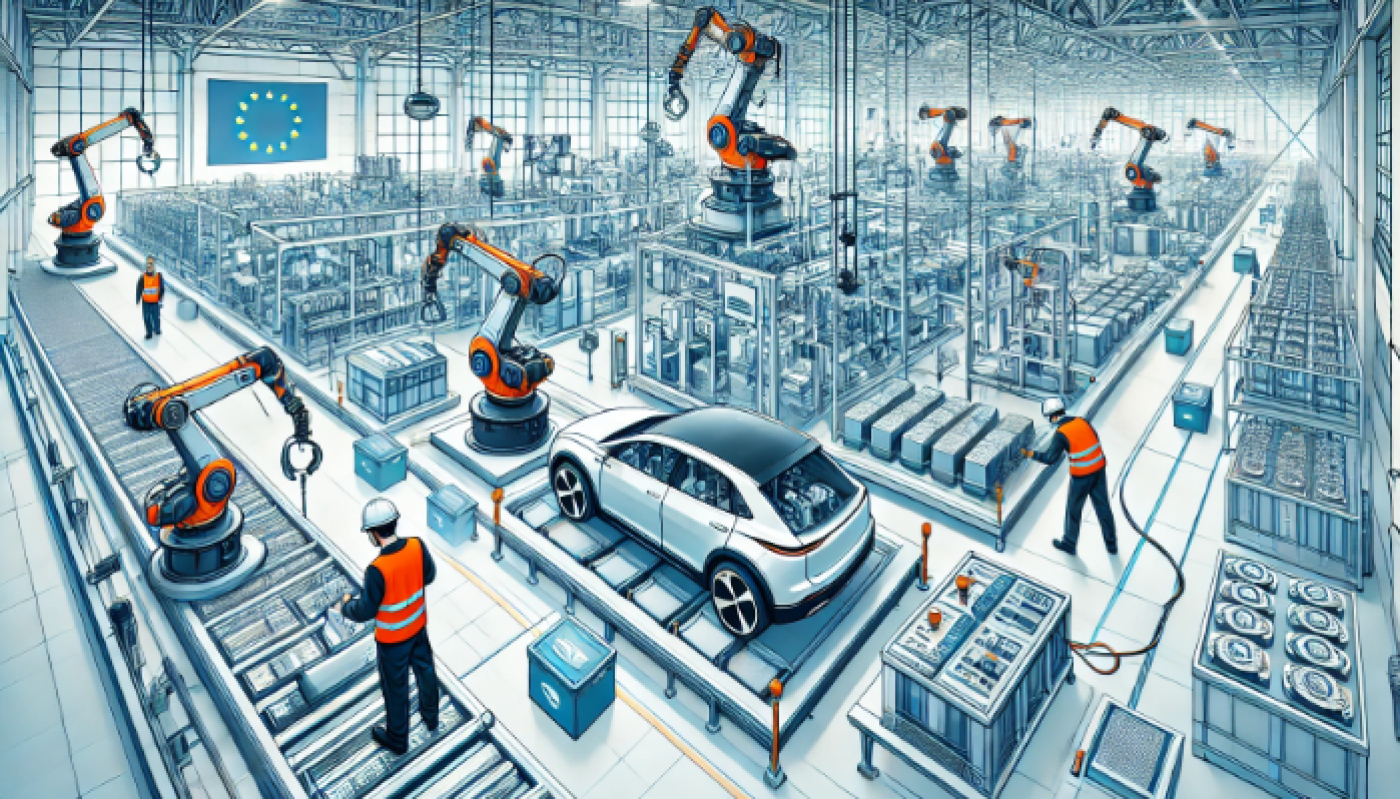Managing the hazards and rejects of emerging electrical technologies

The European electrical industry is in trouble, as illustrated by the problems of Northvolt, ACC and other players. Falling demand for electric vehicles, aggressive Asian competition driving prices down, and less competitive technological choices are weakening local players.
At the same time, process control remains a challenge, with high scrap rates impacting costs and margins. As a result, European manufacturers are struggling to compete with their more experienced Asian and American counterparts. High scrap rates and production costs limit profitability, even as low-cost Asian LFP batteries dominate the market thanks to their competitive pricing.
We're facing a real paradox: we're trying to duplicate the traditional models that worked in the days of “mass production”, in a completely different world.

How many times have we seen our customers' assembly lines designed in a silo fashion, so that in the end the flow doesn't work... design offices or industrialization departments that stop at the creation of a plan, without the real-life projection to see and understand that it can't work...
Instead of trying to increase production rates, automate and organize everything as if hazards didn't exist, let's focus instead on implementing an organization geared towards teamwork, learning and increasing everyone's skills in the face of hazards. It is by relying on the men and women of the company, on those who add value for the end customer every day, that the various pitfalls can be overcome.

And it's partly thanks to our “white collar-blue collar” mix, our hands-on approach, our global project structure and our adaptation of the major organizational principles drawn from Lean Management that, with GEOLEAN Energy's international teams, we're able to support our customers in production start-ups and ramp-ups, in order to deliver the performance our companies need.
Integrating hazards into production organization translates into concrete actions in the field: industrializing rework, management that organizes the link between support functions and the hand that creates added value, creating a team dynamic towards a common, concrete objective... Actions that are perfectly accessible, that reduce scrap, accelerate the flow of rework and thus limit the impact on margins, cash flow and customer deliveries. And thus bring emerging technologies in the electrical power sector to a competitive level of performance.